The Owl House: A Children’s Show with a Bisexual, Hispanic Lead!
In ‘The Owl House’ protagonist Luz Noceda stumbles across a portal to another dimension where magic exists, called The Boiling Isles.
Incluvie Foundation Gala - Learn More
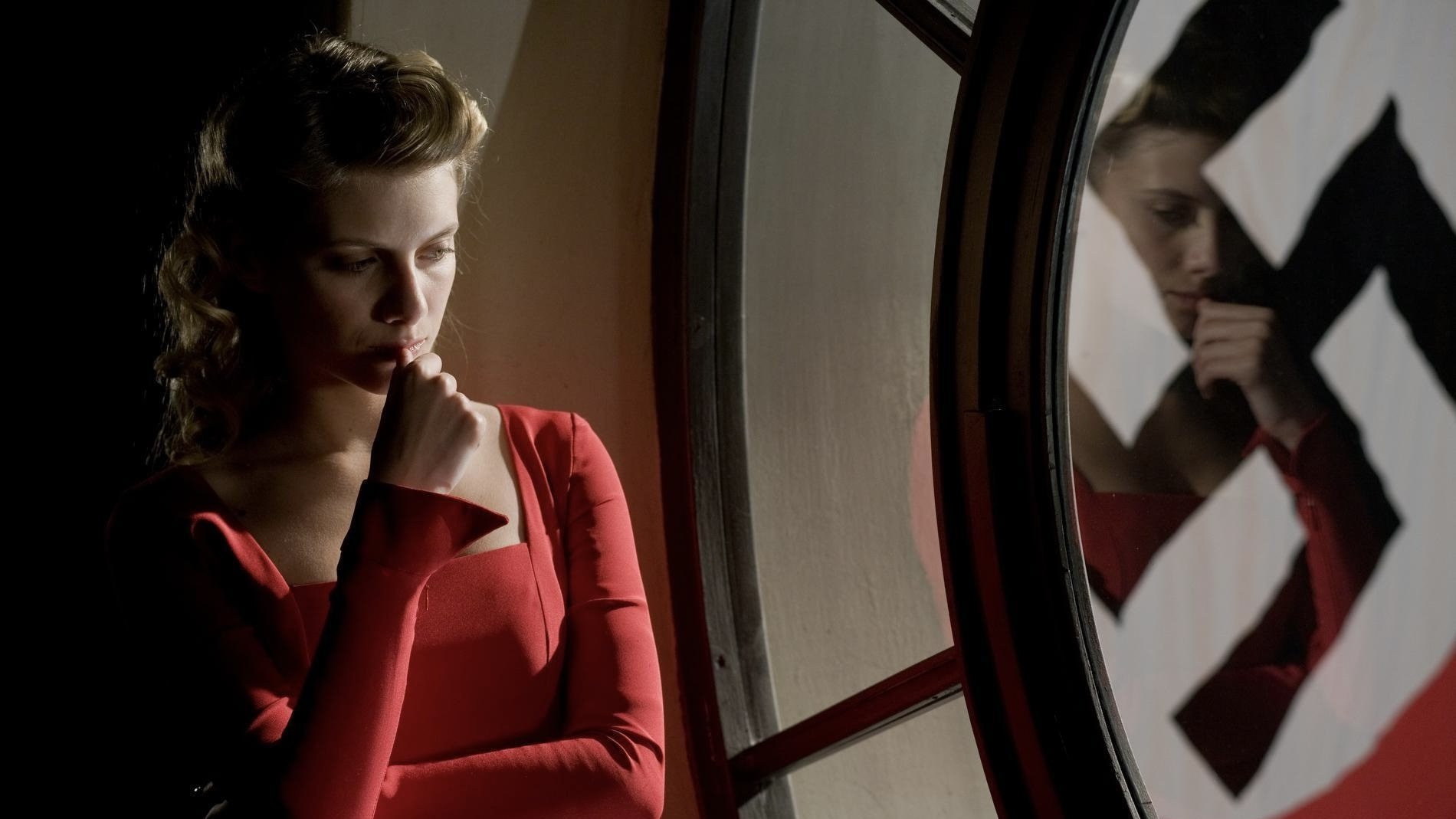




2021 was a great year for cinema, especially considering that it followed the year when the Coronavirus pandemic was at its peak and essentially disrupted many important activities necessary for filmmaking. With the awards season in full swing, many amazing films are coming under the spotlight, but here are fifteen films I personally don’t see getting as much recognition as others but are definitely deserving of it. The list is numbered for convenience and not a ranking. You’ll see each film is independently rated under its short review. Keep scrolling to find names that should become part of your watchlist!
Coming from Iceland, Lamb is definitely a must-watch and not just for the horror enthusiast. It’s understated in its execution, meandering its way through plot points as if afflicted with the same foggy sluggishness that its setting is. It’s about a couple on a seemingly-deserted island, at least without any life as far as the eye can see except the sheep they breed. A cathartic journey for them in dealing with past trauma, the story is also a euphemism for a currently relevant issue. Remarkably restrained despite the potential to turn into a scarring watch, the film seems to gain from its restraint since the lack of antics, which suggests a self-awareness about itself, drives the message home, and with the slow camera motion, the visuals seem to write a poem themselves, culminating in a memorable climax that leaves just about enough hints to catch the euphemism.
To say Hollywood has had a troubled past is the understatement of the century. In Ryan Murphy’s (American Horror Story) new Netflix series, Hollywood, that past is confronted and even rewritten.
As lovers of film, there is a great deal of respect we have for the talented minds that bring us such dynamic and life-changing movies. However, we as film fans cannot be ignorant to the history and reality of Hollywood. It has been a breeding ground for inequality for over a century. Hollywood was literally founded on white nationalism. The movie that defined the feature film — what created the template for the entire industry — was D.W. Griffith’s The Birth of a Nation (1915). In addition to it being the foundation of Hollywood, it also singlehandedly revitalized the Klu Klux Klan upon its release.
Now in modern times, the #MeToo movement has exposed decades of exploitation and villainy for the world to see. The patriarchal power structure of Hollywood created an environment of toxicity, encouraged by silence as people didn’t want to rock the boat. This was simply “just the way things are.” Racial prejudice, sexual abuse, LGBTQ+ suppression, and gender inequality have festered in this industry since its inception.
What if someone had said something sooner? What if someone had gone against the grain, taken a stand, and said, “No, this isn’t right.”
Hollywood, a seven-episode limited series on Netflix, paints history with a new brush. Taking place shortly after World War II, the series follows a group of up-and-comers in the industry. They each struggle with their own form of suppression amidst an oppressive system. Through a meticulously crafted blend of reality and an alternative take on history, Hollywood conjures what could have happened had someone faced this system head-on a very long time ago.
Oxygen is a good film in the sense that it likely wasn’t meant to be anything more than simply average. Thanks to our good friend, COVID, it reveals itself to be slightly above average due to the way the narrative weaves in a global pandemic as an instigator behind almost all the events that transpire. Even with someone as reasonably talented as Alexandre Aja, previously known for creature features such as Piranha 3D (2010) and Crawl (2019), behind the camera, the saving grace of the film, other than an excellent performance from Mélanie Laurent, may just be the sheer coincidence of being affected by the kind of catastrophe it portrays. The script was finished long before the virus was even a thought, and production was even slated to begin just before the shutdown. However, unlike most everything else the pandemic has already affected, the delay was probably for the best. The limited, confined production, which was ultimately completed in Aja’s native France while the country was still in panic mode, allows the film to pack a timely and oddly refreshing punch that saves it from its more derivative features, which would have derailed it at any other point in time.
These confines won’t really encourage you to read the film as a metaphor for the nerve-inducing experience we’ve all been through over the last year, however — and in the interest of maintaining your dignity, you probably shouldn’t. While the sociopolitical commentary may have worked for the similarly-themed Buried (2010), in which we find Ryan Reynolds on his own buried alive in the Middle East, but this futuristic take on the premise is best left as a piece of distracting entertainment. Nevertheless, the atmosphere is no less suffocating, literally and dramatically.
Beginning with a young woman (Laurent), dubbed “Omicron 267,” who awakens in a cryogenic chamber with no recollection of who she is or why she’s there, her only solution is to use the space at her disposal, namely the guiding Q&A she has with the high-tech chamber’s artificial intelligence, MILO (Mathieu Amalric), in order to recover what memories she can of her previous life while also working to preserve the dwindling oxygen supply that will ultimately determine her fate. The first matter of business is taken care of rather quickly, as she uses her wit and her careful choice of words with MILO to discover her name: Liz. From there, her interactions begin to jog her memory, but her attempts to contact the outside do more harm than good as what she begins to perceive as true is questioned, frustrating the viewer as much as her when it becomes clear that not every memory she recalls is real.
It’s in moments such as this when the real-time effect of the narrative accomplishes wonders, for we begin to feel every bit of confusion and desperation along with Liz as her situation becomes all the more dire and her pleas for help seem to fall on deaf ears. The constant, bordering on ubiquitous, extreme close-up camera angles do their part as well, capturing Mélanie Laurent in every bit of the frame when necessary, a twofold exercise that gives the chamber its claustrophobia while also providing an unbridled intimacy to Liz’s memories. Laurent herself carries the film from beginning to end, using her physical presence to hoist the film’s emotional punch, especially in the moments in which Christie LeBlanc’s screenplay can’t seem to do that itself. Laurent has lately been finding great success with her directing career ever since her breakout performance in Quentin Tarantino’s Inglourious Basterds (2009), but here she reminds us why she is a great actress at her core. She runs the gamut of emotion, at once feeling determined and hopeful, and distraught and hopeless, even going so far as to wring out some shades of body horror as Liz is plagued by visions of what will happen when her oxygen is depleted.
Laurent is just one factor in ensuring the intrigue of who Liz is, why she’s in the chamber, and exactly how her fate will play out remains consistently strong. Unfortunately, that intrigue may be a bit too great, for the ultimate payoff doesn’t seem to justify all of the potential plot points that are introduced for the audience to consider. Obviously, there’s nothing wrong when a movie winds up being something different than how it began, but, ultimately, most puzzles (at least the good ones) only go together one way. When following a plotline that has already been done before, and to great effect, enough has to be done in order to single the film in question out as an individual beast. Oxygen lands on its feet, but the intrigue of its amnesia-induced premise gradually evolves into a hindrance due to just how heavily it weighs on the flow of the narrative. The film finds itself too heavily reliant on flashbacks, or what Liz and the viewer can only assume are flashbacks. Their redundancy and forced nature are such that the white-hot thrill of watching her communicate with MILO in order to find her way out is undermined by a rather predictable outcome and a lack of spine-tingling spooks.

In Nazi-occupied France during World War II, a group of Jewish-American soldiers known as "The Basterds" are chosen specifically to spread fear throughout the Third Reich by scalping and brutally killing Nazis. The Basterds, lead by Lt. Aldo Raine soon cross paths with a French-Jewish teenage girl who runs a movie theater in Paris which is targeted by the soldiers.
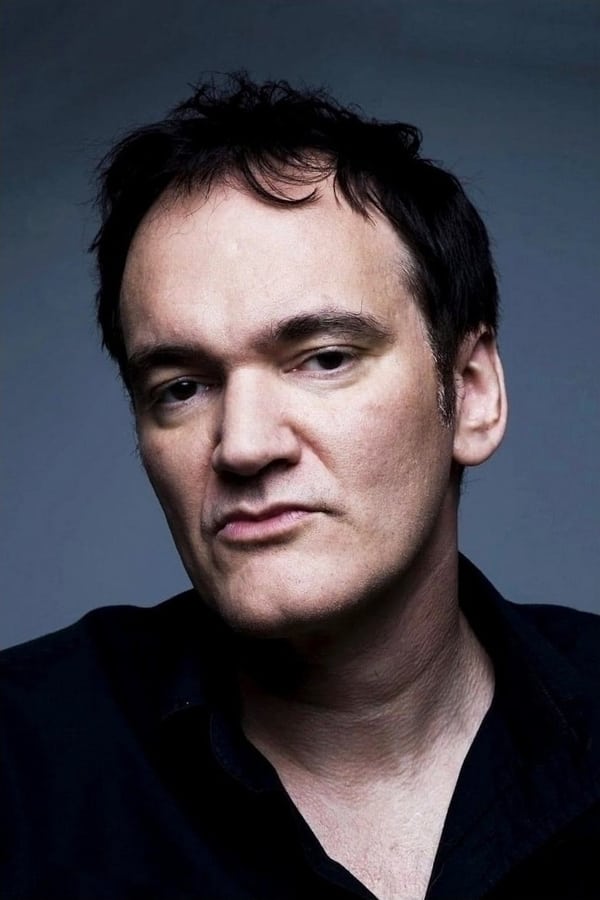
Quentin Tarantino
Director

Quentin Tarantino
Director

Brad Pitt
LT. Aldo Raine

Mélanie Laurent
Shosanna
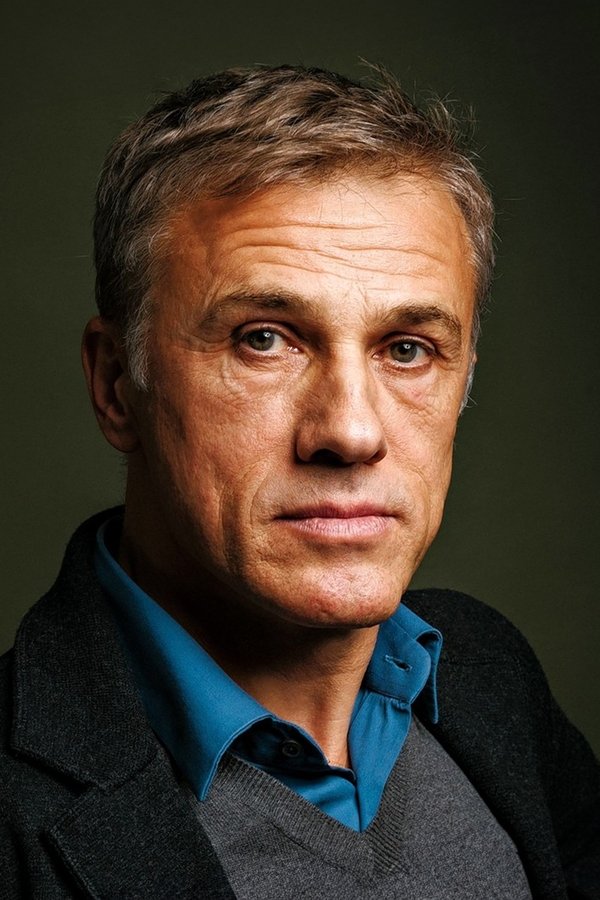
Christoph Waltz
COL. Hans Landa
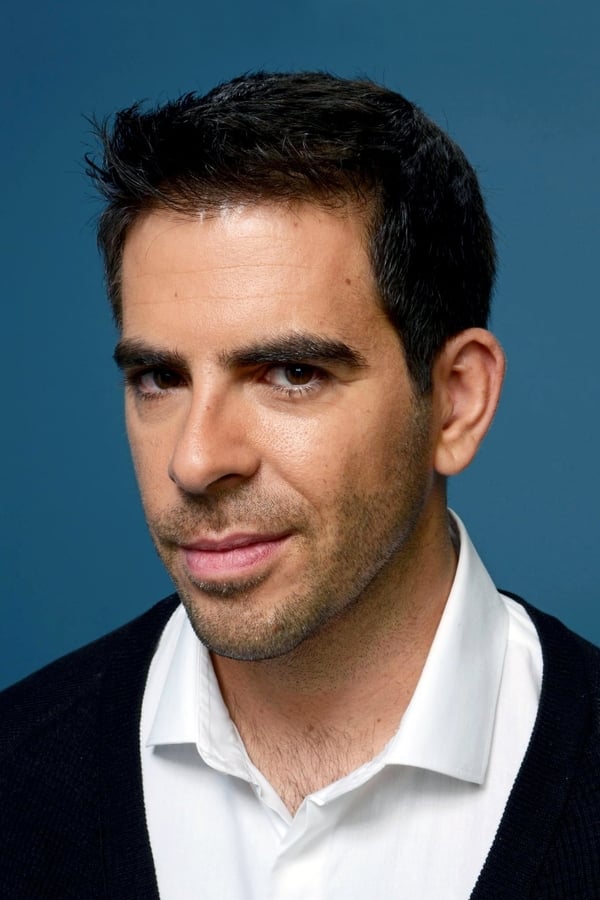
Eli Roth
SGT. Donny Donowitz
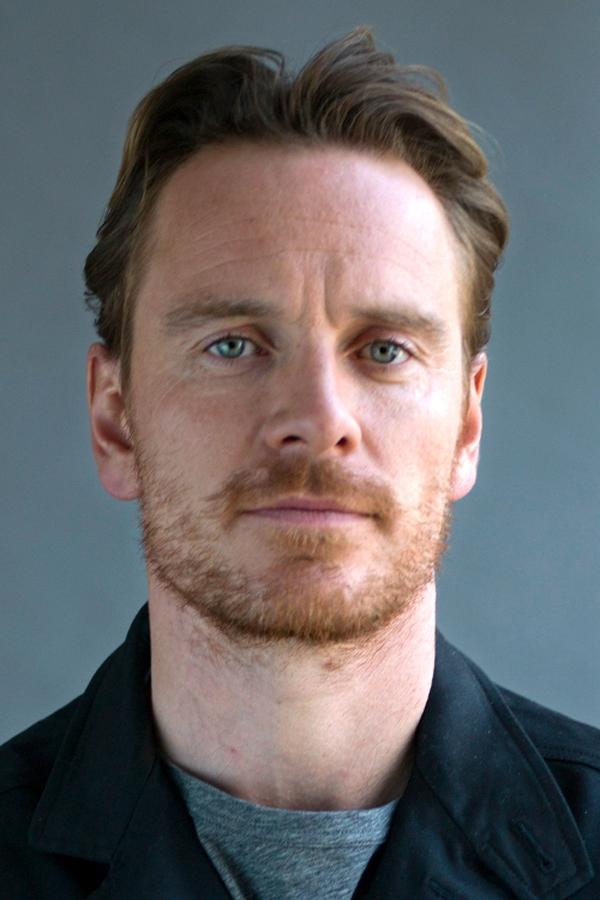
Michael Fassbender
LT. Archie Hicox

Diane Kruger
Bridget von Hammersmark
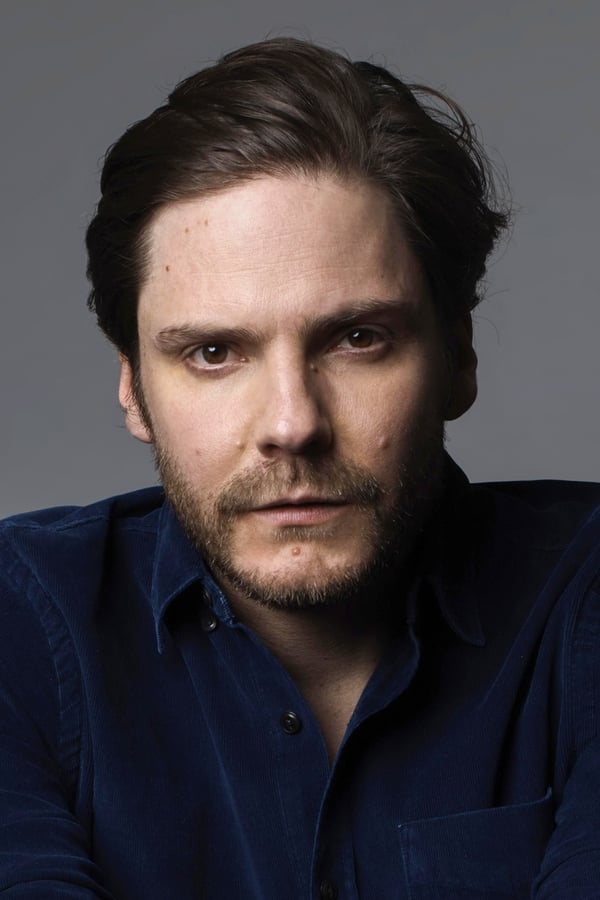
Daniel Brühl
Fredrick Zoller

Til Schweiger
SGT. Hugo Stiglitz
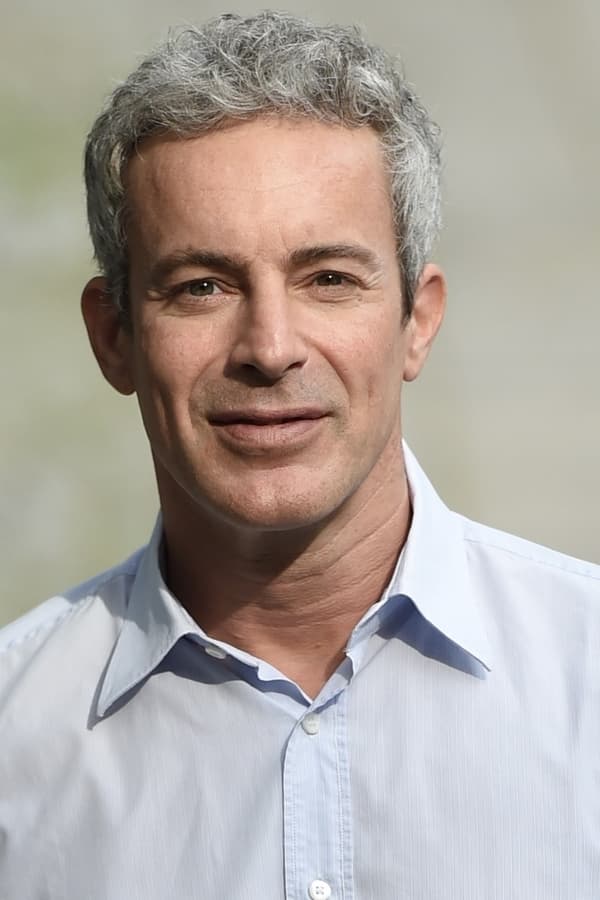
Gedeon Burkhard
CPL. Wilhelm Wicki

Jacky Ido
Marcel
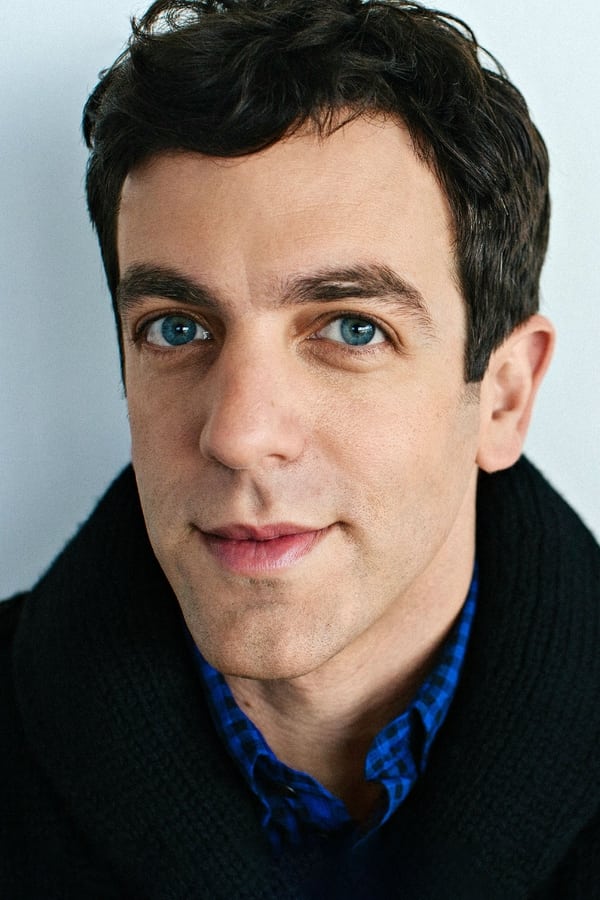
B.J. Novak
PFC. Smithson Utivich
In ‘The Owl House’ protagonist Luz Noceda stumbles across a portal to another dimension where magic exists, called The Boiling Isles.
This Halloween movie is a remake of the 2003 movie of the same name with Black representation.
"King Richard" paints a nuanced portrait of a Black father trying to ensure his daughters’ success in a racist, misogynistic world. Yet, Richard and his kids overcome that fear and adversity to succeed.



